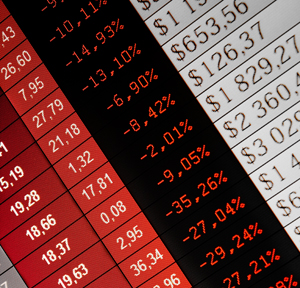Investment Strategies
Fidelity International Cuts Equity Exposure

Darkening economic conditions have prompted the investment firm to pull in its horns.
Fidelity
International, which oversees £221.3 billion ($288.9 billion)
of assets has cut its exposure to equities, arguing that the
global economic environment has soured. The firm is now neutral
of stocks.
The firm said its overweight stance, which it had in place from
the start of 2019, was a contrarian one, but it was now time to
change.
“Looking back on the first quarter of 2019, the defining story
was clearly the strong performance of risk assets. After its
worst quarter since 2008, the S&P 500 responded with its best
quarter since the onset of the recovery in 2009. But global
economic fundamentals have continued to deteriorate despite
markets rallying, and this has led us to return to a neutral view
on equities overall, after moving overweight in January,” James
Bateman, chief investment officer, Multi Asset at Fidelity
International, said.
“In addition to this reduction in risk, our team is maintaining
exposure to duration assets (US Treasuries, Gilts, Australian
government bonds), which we prefer relative to cash for
defensiveness,” he continued.
“Equity markets are back near their all-time highs reached in
2018. We believe the current rally is not sustainable without
some more positive signs in fundamentals and these signs do not
appear forthcoming,” Bateman said.
“But the anaemic growth outlook hasn’t seen investors rush out of
risk assets, and their focus has instead been on positive signs
of a resolution to the US/China trade dispute, and policy
responses from the world’s major central banks. The Fed has moved
more solidly dovish, and the ECB is trying its best, but this may
be more ‘dovish-damage-control’ than stimulus. Meanwhile, China
is responding to its weakest annual growth figures since 1990
with coordinated policy support, albeit at muted levels relative
to the ‘big-bang’ stimulus of recent years,” he continued.
“We suspect that markets may be getting ahead of themselves by
pricing in dovish expectations, where investors have grown
accustomed to policy makers stepping in to save the day. But
policy makers are stepping in precisely because of economic
weakness, and for us to put more risk on the table, we are going
to need to see the data improve. Calls for ‘green shoots’ seem
premature,” he said.